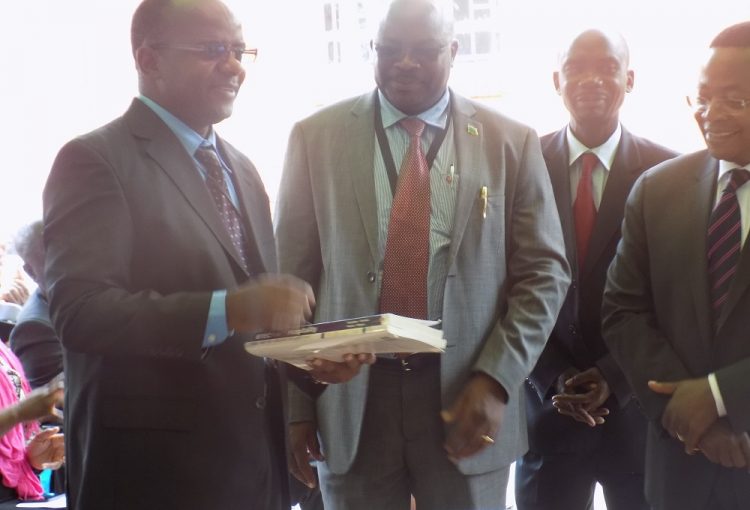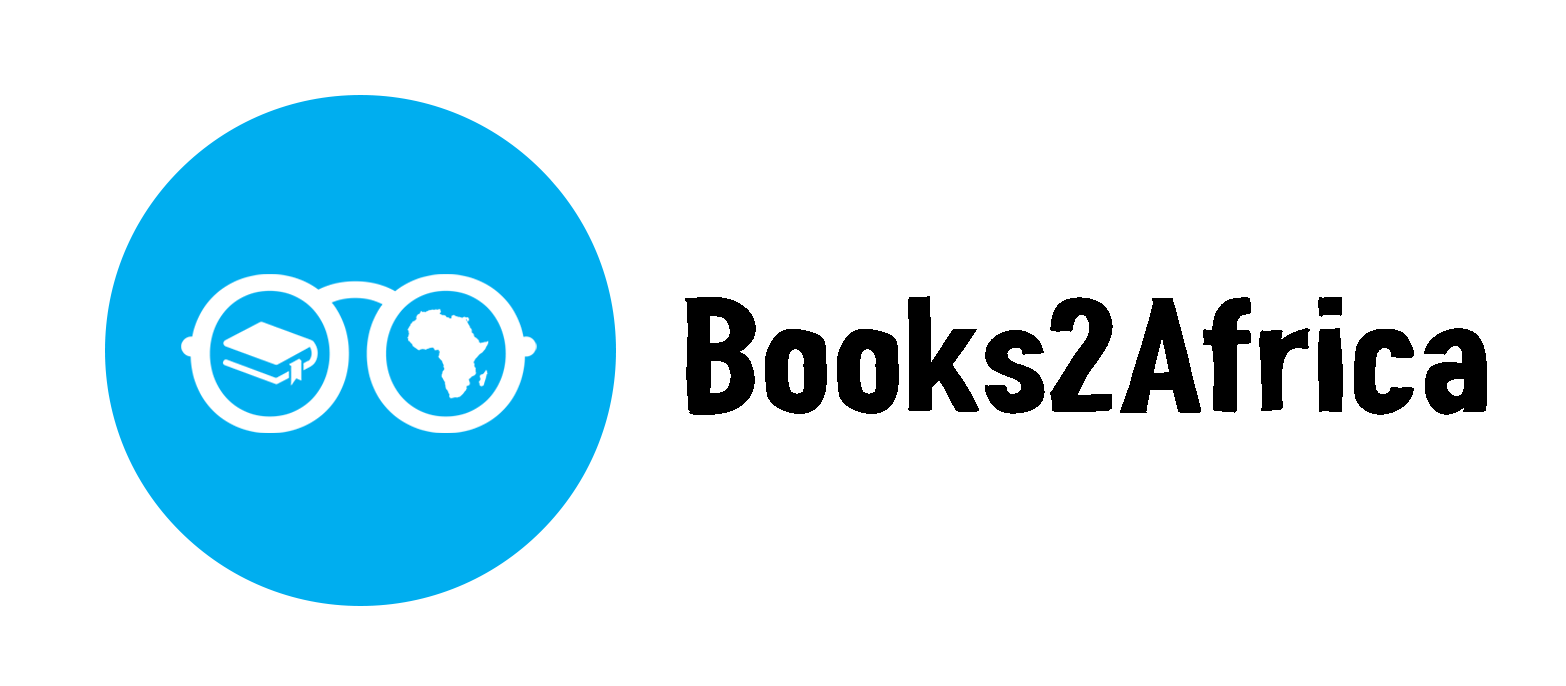A number of book donation organisations around the world are helping to address the shortage in African university libraries of books, needed to give African students a chance at optimal learning.
One of them is United Kingdom-based charity Book Aid International (BAI), which supports a range of higher education institutions – universities, teacher training colleges, nursing colleges, vocational training institutions and polytechnics – through the provision of up-to-date and relevant tertiary education books donated by educational publishers.
Alison Tweed, chief executive at BAI, UK, told University World News that the organisation last year sent 55,695 higher education books and 154,229 medical books, mostly to Africa. Their beneficiaries included 338 higher education institutions, 19 medical teaching institutions and 13 universities such as the University of Juba in South Sudan, the University of Liberia and the State University of Zanzibar.
“BAI believes that both students and professionals have a key role to play in building better futures in Africa, which can only be achieved by having access to up-to-date and high-quality books needed to complete degrees and qualifications,” Tweed said.
Prohibitive costs
According to the BAI website, there is “huge demand for university core texts and higher-level academic books, the cost of which can be prohibitive for many institutions and individuals, especially as most are published abroad and can incur high import duty. Additionally, many universities lack the funds or infrastructure to fund subscriptions to online resources.”
For example, the Kitwe campus of the University of Zambia in Copperbelt Province had 1,800 students but in 2015 had funds to buy only 30 books, BAI indicated.
According to the Directory of Open Access Repositories, only 24 out of 54 countries in Africa have repositories, with a total of 211 repositories, while Asia, Europe and America have 830, 1,923 and 1,151 repositories respectively.
According to Tonson Sango, director of operations at Books2Africa, book donation programmes such as Books2Africa are vital in reducing the problem of poor quality education in Africa.
Beating poverty
“There is already an abundance of schools and academic institutions in Africa, so the focus must now turn to ensuring that students who attend such schools are actually learning the vital skills they need to succeed and beat poverty,” Sango told University World News.
“Although book donation programmes do not address the infrastructural problems facing many institutions in Africa, they deliver hard copy books to millions who are hungry to learn – and learning is ultimately what is most important,” Sango said.
United States-based International Book Project ships donated books to various organisations around the world, including universities in Africa.
According to its executive director, Lisa Fiedler Fryman, since 2015 the organisation has shipped university books in sea containers as well as smaller shipments to universities in South Sudan, Nigeria, Somalia and Ethiopia. “We currently have a pending request from another university in Nigeria,” she said.
Books For Africa is the largest shipper of donated text and library books to the African continent, sending over 41 million books to all 54 countries on the African continent since its founding in 1988.
Agatha Wagoner, database and development officer at Books For Africa in the United States, told University World News that university libraries will often share large book shipments with other schools in their region, increasing the number of students who have access to these books. “Large shipments of books also help students to have more time to study, as they may no longer have to share books with many other students,” said Wagoner.
New courses
“One of our special projects is our Law & Democracy Initiative, which aims to provide law and human rights books for universities across the African continent. These books are scarce in most African universities and are valuable resources for students pursuing a law degree,” she said. “For one university in Tanzania, this enabled them to start offering new courses that weren’t possible before due to a lack of law books.”

John Akama, vice-chancellor of Kisii University in Kenya, told University World News that Books For Africa is “one of the most innovative ways of enhancing academic training, teaching and research in African universities that in most cases are resource scarce”.
“The books that have over the years been donated to my university have gone a long way in enhancing our library, which did not have even a single textbook in some of the academic programmes,” he said.
“Our students, academics and management are extremely grateful for this gesture.”
Samuel Gudu, vice-chancellor of Rongo University, also in Kenya, said: “I fully agree that book donation has had a positive impact in our universities’ libraries, where adequate resources are needed, as it has improved quality of learning and enhanced readership.”
Gudu said the libraries still needed more resources to buy journals that are not open source.
The right kind of books
Providing the right kind of books for the receiving institution is seen as critical by the organisations interviewed.
Tweed of BAI said it was important not to create an environment of dependency for book donations. “We [at Book Aid International] overcome this by working in partnership with our beneficiaries, making sure that our donations are used towards building resilience and capacity,” she said.
Wagoner said Books For Africa conducts regular surveys among book recipients to ensure they receive the books and materials they need.
As Sango put it: “It is important for book donation programmes to provide books that are useful for local populations, but because such books often come from Western countries, there is sometimes a worry that students may not be learning enough about local history and local authors.
“However, making books by local authors more available and accessible is not entirely the responsibility of book donation programmes, and in a globalised world, books originating from all cultures are equally relevant,” he said.
“As with the case of Books2Africa, people in Africa should be given the option to choose what books they want themselves,” he told University World News.
According to a 2015 study titled “Book Donation Programmes for Africa: Time for a Reappraisal? Two Perspectives” and published in African Research and Documentation, well-conceived, recipient request led book donation programmes that fill a genuine need can be highly beneficial to their intended recipients, but each programme should include a component designed to support indigenous publishing and the local “book chain”.
“Ending the book famine in Africa should not be the responsibility of book donation organisations. That responsibility lies fairly and squarely on the shoulders of African governments, who for the most part have shockingly, and inexplicably, neglected their libraries for three decades or more,” the study said.

